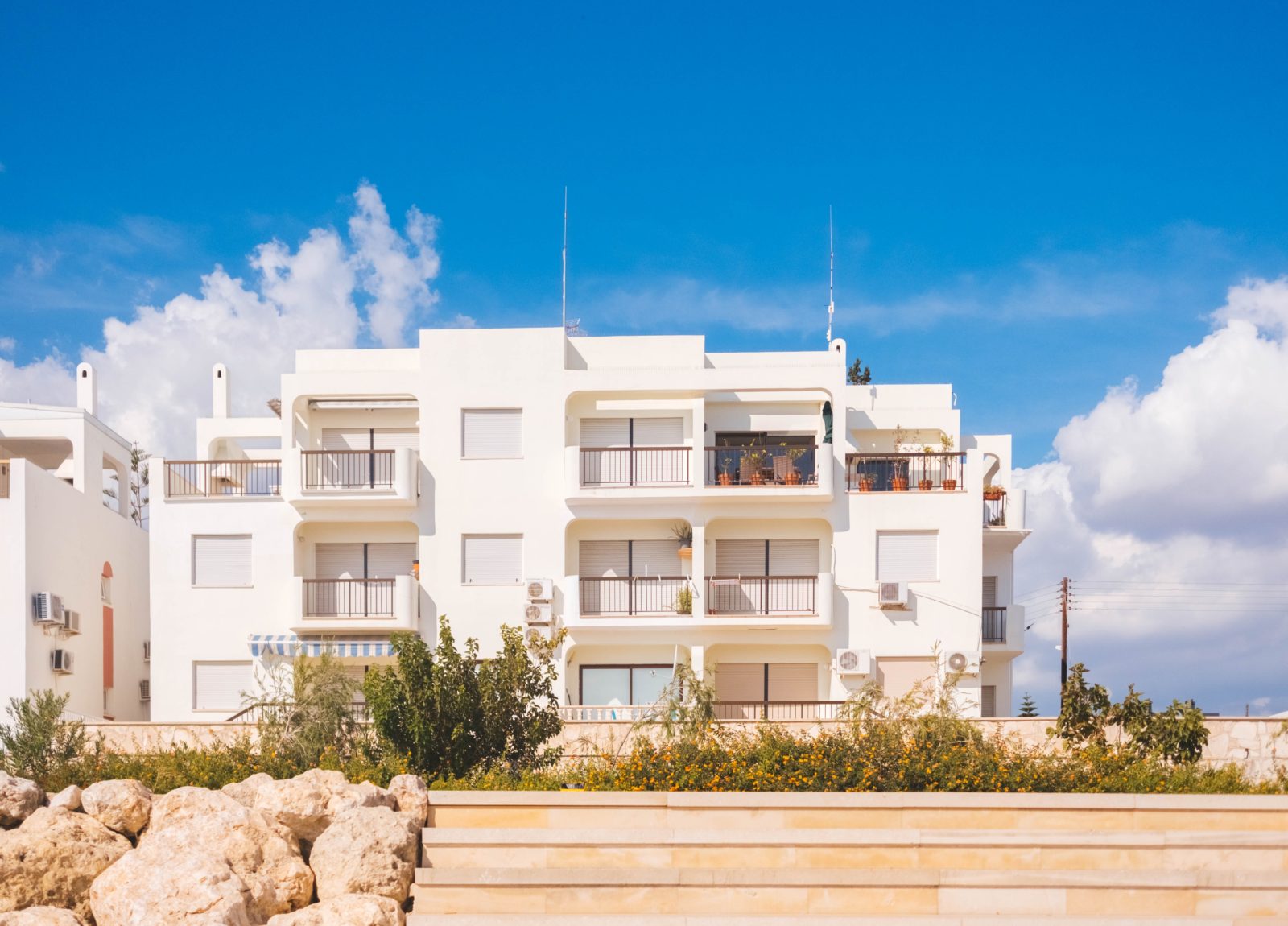In a recent report, experts have highlighted that limited housing construction will hinder the decline in prices of new properties in the Czech market. This analysis comes in response to the latest findings from the Czech Statistical Office (ČSÚ) in the construction sector.
The primary reason for the year-on-year decline in the initiation of housing construction by 23 percent in August and completed units by 22 percent is attributed to the low construction activity in Prague and the Central Bohemian Region. Experts point out that this is a consequence of lower demand, driven by high inflation and mortgage loans, which has led to investor uncertainty in commencing new construction projects.
“Developers are restraining themselves and limiting new projects, even in regions that have long suffered from insufficient housing supply, leading to earlier sharp price increases. However, developers are behaving rationally considering the development of interest rates that are driving up construction costs and financing for consumers,” noted Petr Dufek, an economist at Creditas Bank.
To improve the situation, independent real estate investor Libor Váka suggests considering reforms in the permitting process and increasing investments in regions outside Prague and the Central Bohemian Region. “Here, existing structures can be repurposed into residential units. This would not only accelerate construction and reduce costs for new housing but also contribute to the overall revitalization of the area and lower the energy demands of the buildings,” said Váka.
Apart from high inflation and loans, the experts also attribute the price increase to the cost of construction work and materials. Michaela Tomášková, the CEO of Central Group, stated that construction supplier prices would need to decrease by 15 percent compared to last year to revive residential construction.






